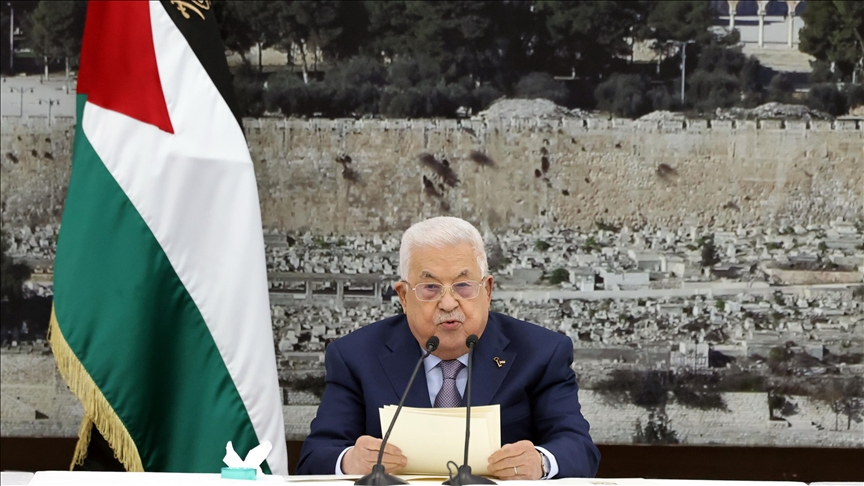Palestinian President Mahmoud Abbas made a commitment on Thursday to visit the war-torn Gaza Strip, which has been ravaged by the Israel-Hamas conflict for over 10 months. Speaking at the Turkish parliament in Ankara, Abbas urged Muslim leaders to join him in Gaza, where more than 40,000 Palestinians have reportedly lost their lives since October, according to health officials in Gaza.
“I have decided to go to Gaza with all my fellow Palestinians,” Abbas declared, receiving applause from Turkish lawmakers. “I will go even if it costs me my life. Our lives are not more valuable than those of any child who has died in Gaza.”
Abbas, who leads the Palestinian Authority based in the West Bank, addressed the Turkish parliamentary deputies at the invitation of President Recep Tayyip Erdogan, a prominent supporter of Hamas and the broader Palestinian cause. This invitation followed Israeli Prime Minister Benjamin Netanyahu’s speech to the U.S. Congress in July.
During his 45-minute speech, the 88-year-old Abbas expressed gratitude to Turkey and its people for their support, while condemning Israel for what he called “genocide” in Gaza. He emphasized that there can be no regional stability until the Palestinians obtain their rights.
“Peace and security can only be achieved through Palestine,” Abbas asserted, as the deputies in the Turkish parliament wore scarves bearing the Palestinian and Turkish flags.
Abbas’ visit came at a time when concerns were rising about the war in Gaza spreading across the Middle East, fueled by the threat of Iranian retaliation against Israel following the assassination of Hamas official Ismail Haniyeh.
On the previous day, Erdogan had held talks with Abbas, focusing on the ongoing conflict in Gaza. The discussion centered on “the massacres committed by Israel in Palestinian territories” and “the steps needed for a permanent ceasefire and peace,” according to a statement released by Erdogan’s office on X.
The statement also conveyed Erdogan’s commitment to continue supporting the “just cause” of Palestine and to work towards increasing international pressure on Israel, particularly within the Islamic world, in order to provide humanitarian aid and establish peace.
While Western nations have designated Hamas as a terrorist organization, Erdogan has praised the group as a liberation movement. Moreover, he has hosted Haniyeh in Turkey on multiple occasions.
Since the war in Gaza began with Hamas-led militants attacking southern Israel on October 7, 1,200 people have lost their lives and around 250 individuals have been taken hostage. Throughout this period, the Palestinian Authority, led by Abbas, has been marginalized. Abbas is also the chairman of the Fatah party, which has a long-standing rift with Hamas. Following Hamas’ electoral victory in Gaza in 2006, there was a brief armed conflict between Hamas fighters and Fatah fighters.
In addition to supporting Hamas, Erdogan has been a vocal critic of Israel’s military operations in Gaza, accusing the Israeli government of committing genocide and comparing Netanyahu to Adolf Hitler. In May, Turkey suspended trade with Israel, citing the Israeli assault on Gaza. Furthermore, on August 7, Turkey submitted a request to a U.N. court to join South Africa’s genocide lawsuit against Israel.
Erdogan has criticized Western nations for backing Israel and has called for the leaders of Israel to be prosecuted in international courts.
The recent death of Haniyeh in Iran, presumably due to an Israeli strike, has increased regional tensions, especially as leaders anticipate an anticipated Iranian response to the targeting of its allies. Shortly before Abbas’ arrival in Turkey, U.S. Ambassador Jeffry Flake stated that the United States was seeking the assistance of Turkey and other governments with friendly relations with Tehran to de-escalate the situation.
“Turkey can engage in dialogue with groups that we are unable to communicate with regarding the situation in Gaza,” Flake said, as reported by the state-run Anadolu Agency late Wednesday. “We encourage our interlocutors and partners here to make an effort to reduce tensions wherever possible.”

